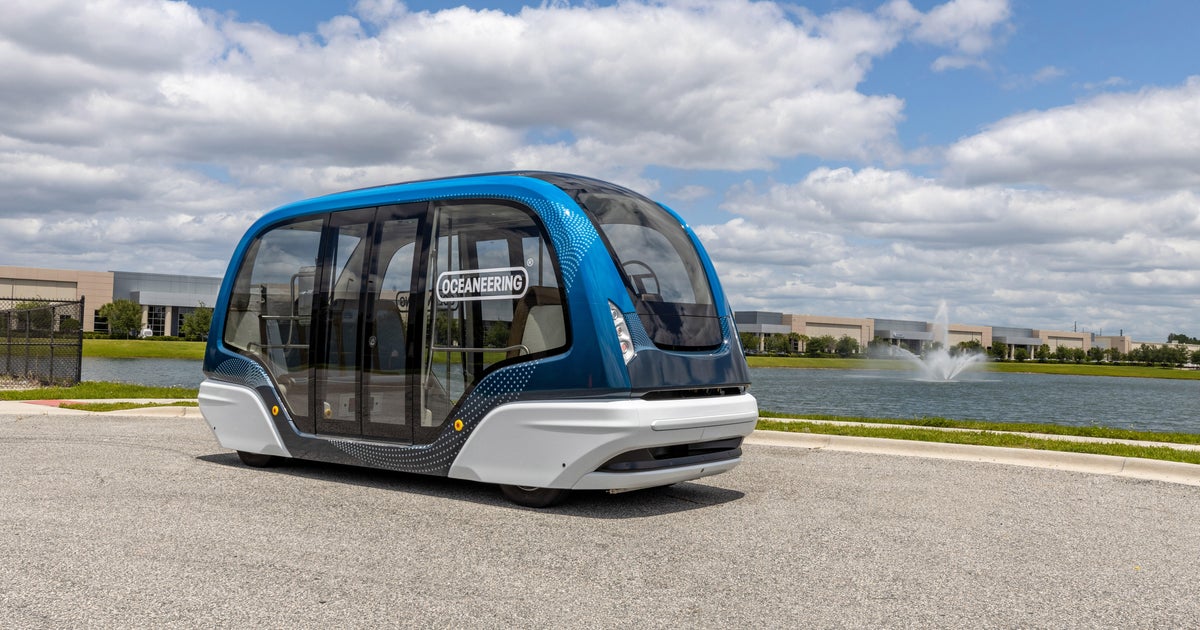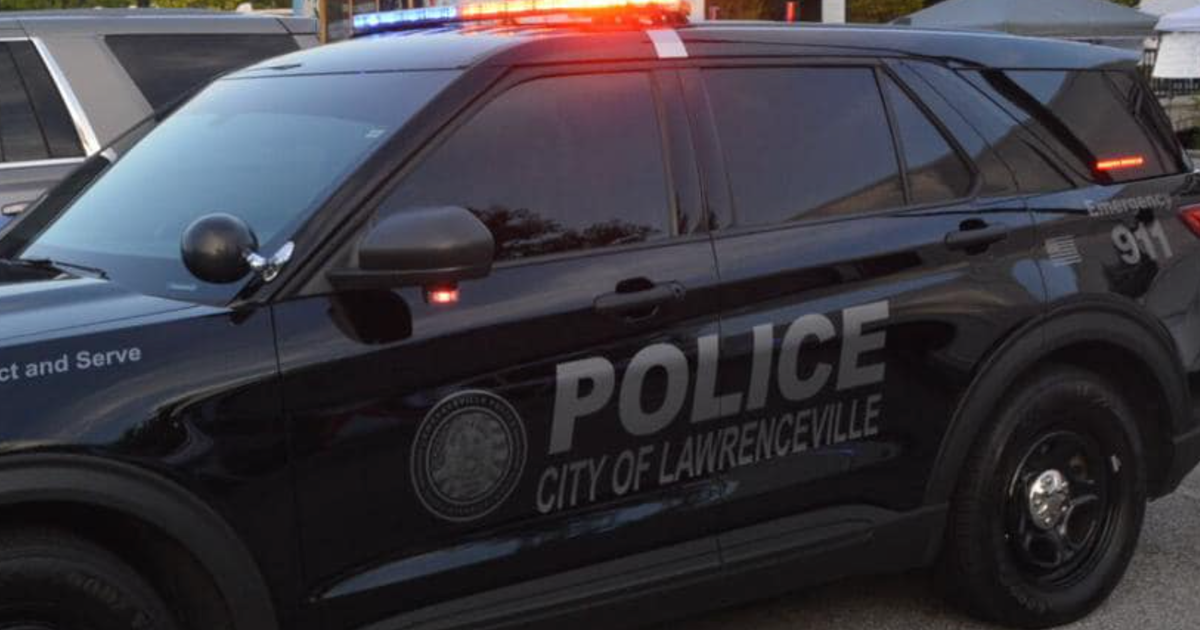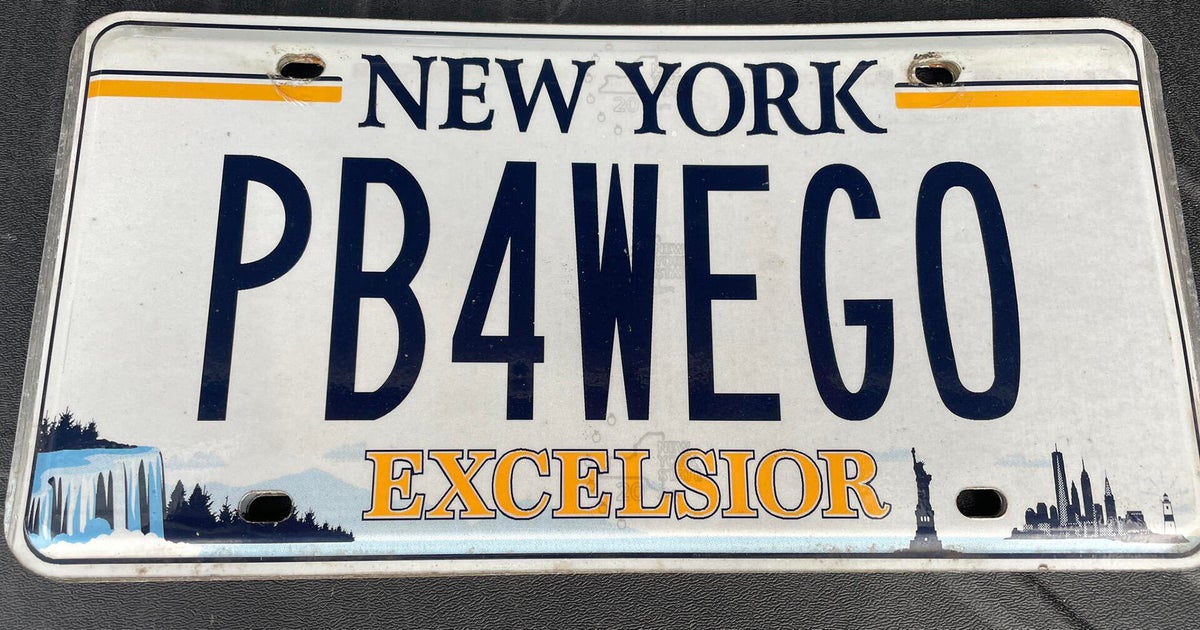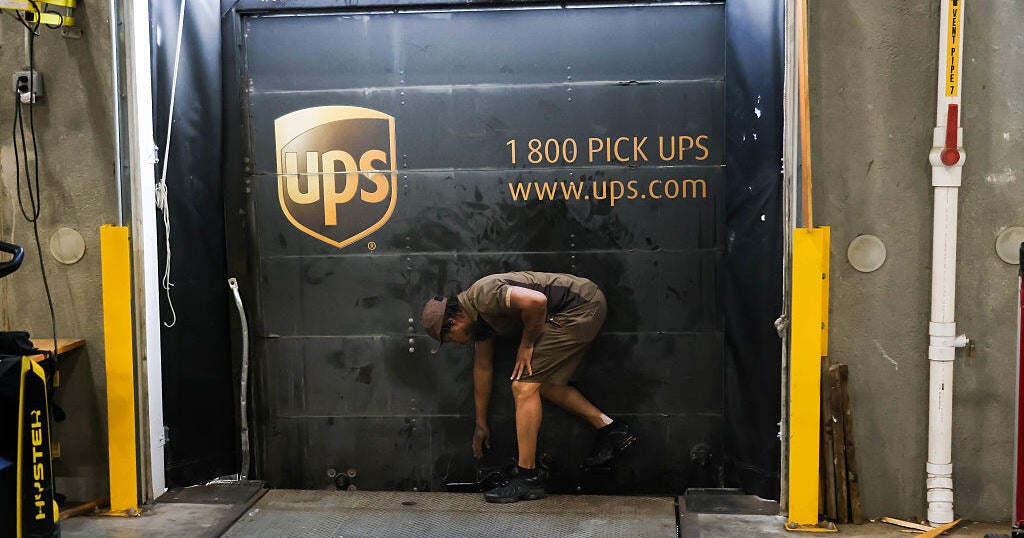New Jersey Set To Cut Emissions Testing For Older Vehicles
TRENTON, N.J. (AP) — Just in time for the summer driving season, a new Christie administration policy will mean hundreds of thousands of drivers won't have to line up at vehicle emissions stations across New Jersey.
Beginning May 1, passenger vehicles from 1995 and older will no longer have to submit to tailpipe emissions tests, a move the administration says will affect only 200,000 vehicles in a state with 7 million. But the decision has angered some environmental groups who argue those are the clunkers most likely to add to pollution problems.
The change comes nearly six years after Gov. Chris Christie made New Jersey the 30th state to no longer inspect privately owned vehicles for mechanical defects. Those changes saved the state $17 million. No similar estimate was available for the new emissions policy, according to Motor Vehicle Commission spokeswoman Sandy Grossman.
The change, Grossman said, comes as newer vehicles are being equipped with on-board computers that allow state inspectors to simply plug in a diagnostic tool to measure emissions. The older vehicles require a tool to be inserted into vehicles' tailpipes, and that equipment is outdated.
"It's not a matter of direct savings. It's a matter of cost efficiency," she said. "Just as these vehicles are getting older and outdated and being taken off the road so is the equipment."
The commission estimates that about 3,500 of the older vehicles stop being used each month, meaning fewer of the older vehicles will likely be on the road in coming years.
But the change raises red flags for environmental groups, who worry owners of the older vehicles won't take care of the vehicles without the prospect of state inspection requirements and the prospect for fines.
"This change means that 200,000 older cars will no longer need to be tested, which means more pollution will come from them," said New Jersey Sierra Club director Jeff Tittel. "When people bring in their cars for testing they keep them in better shape. Now they won't have to do this."
The state declined to reply directly to those criticisms but Grossman said that only 15 percent of the 200,000 older vehicles have failed emissions inspections. The state declined to say over what period of time those inspections were completed.
(Copyright 2016 The Associated Press. All rights reserved. This material may not be published, broadcast, rewritten or redistributed.)







